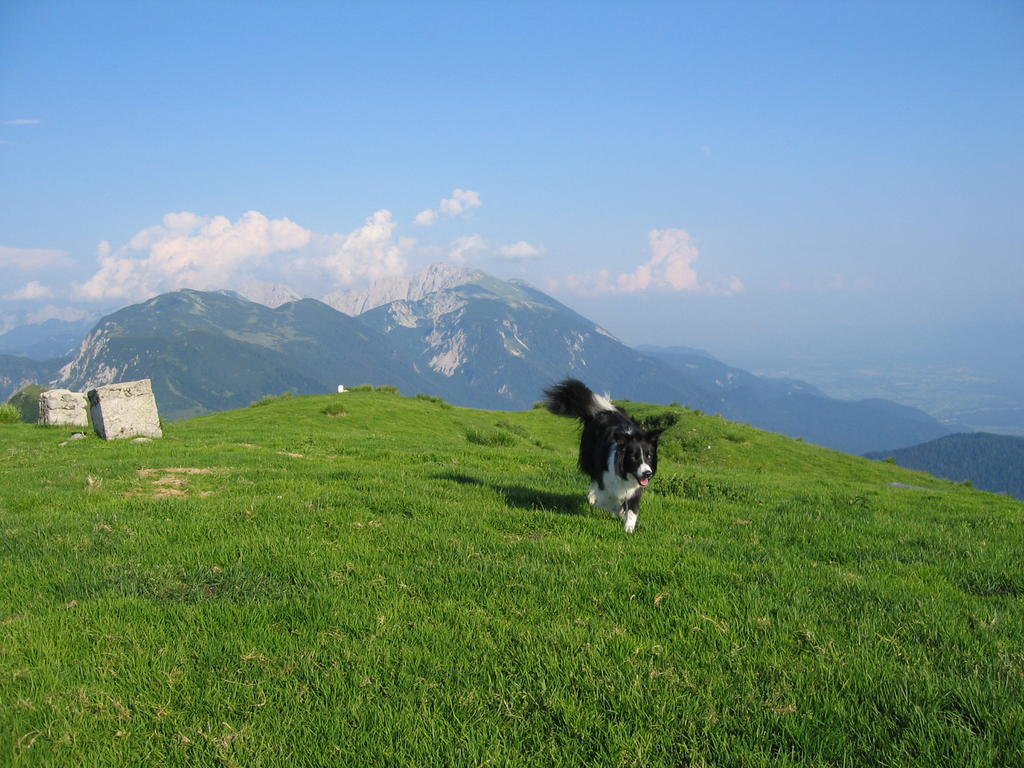Blowback 101
I don't have time to provide the background to this or elaborate further just now (there are reasons why I haven't been blogging much of late), but just in case anyone happens to migrate over here from the comment I left at The Washington Note, below is the text of the editorial I was referring to (I also mentioned it briefly in a post here over a year ago). The editorial was written in late 2002, for a local newspaper in Lafayette, Indiana, where I happened to be living at the time, in response to the establishment of Purdue University's "Homeland Security Institute."
'Blowback 101': The Missing mission of Purdue's new security institute
I welcome Purdue University's initiative to establish a new Homeland Security Institute. Few tasks are as important as ensuring the safety of citizens. But there's something missing from the list of “critical mission areas” serving the strategic objective of preventing terrorist attacks.
It's American foreign policy.
What is it that our government does around the world that makes America such a favored target of terrorists? It's a reasonable question, and a 1998 report by the Cato Institute asked it outright: “Does U.S. intervention overseas breed terrorism?” In a word, yes. Author Ivan Eland analyzed the recent historical evidence and found a strong correlation between U.S. military intervention abroad and terrorist attacks against the United States. His conclusion: “The United States could reduce the chances of such devastating and potentially catastrophic terrorist attacks by adopting a policy of military restraint overseas.”
In other words, terrorism against our population can be prevented if our government can be restrained from bombing other nations and propping up despotic, unpopular regimes with American military power. Hardly a surprising or controversial conclusion, but certainly worth bearing in mind by anyone working in the field of homeland security.
I suggest the institute offer a course called "Blowback 101" or "How to avoid creating lethal enemies in the first place: What can we learn from the failed foreign policies of the past?" An interview given by former national security advisor Zbigniew Brzezinski to the French publication Le Nouvel Observateur in 1998 is especially instructive here, and sure to spark a lively class discussion.
Brzezinski boasted that CIA aid to the mujahedin in Afghanistan actually began well before the Soviet military intervention -- that it was in fact deliberately intended to provoke the Soviet Union into invading, thereby giving the Soviets their Vietnam and contributing to the collapse of the regime. Asked whether he regretted having supported Islamic fundamentalism, that is, having given arms and advice to future terrorists, Brzezinski replied, "What is most important to the history of the world? The Taliban or the collapse of the Soviet empire? Some stirred-up Muslims or the liberation of Central Europe and the end of the cold war?"
Let us hope that graduates of Purdue's Homeland Security Institute will learn from miscalculations like Brzezinski's. Unfortunately, concerns about Afghanistan, the Taliban and even al-Qaida no longer occupy the American political mind, which is currently fixated on Iraq. Yet here, too, lessons from the past abound. For instance, just how smart was it to provide Saddam Hussein with massive military aid during the Iran-Iraq war, including the materials for making chemical and other weapons of mass destruction?
Americans must be slow learners. As part of the new global war on terrorism, 67 countries have received or are about to receive U.S. military aid, according to the Federation of American Scientists. Thirty-two have been identified by the State Department as having "poor" human rights records, or worse, the same group reports. So don't be surprised if today's partners in the coalition against terror turn out to be the Osamas and Saddams of the future.
Perhaps the most significant discovery of the new Homeland Security Institute will be one we already know, from disciplines as diverse as agriculture and theology: What a man sows, so shall he reap.




